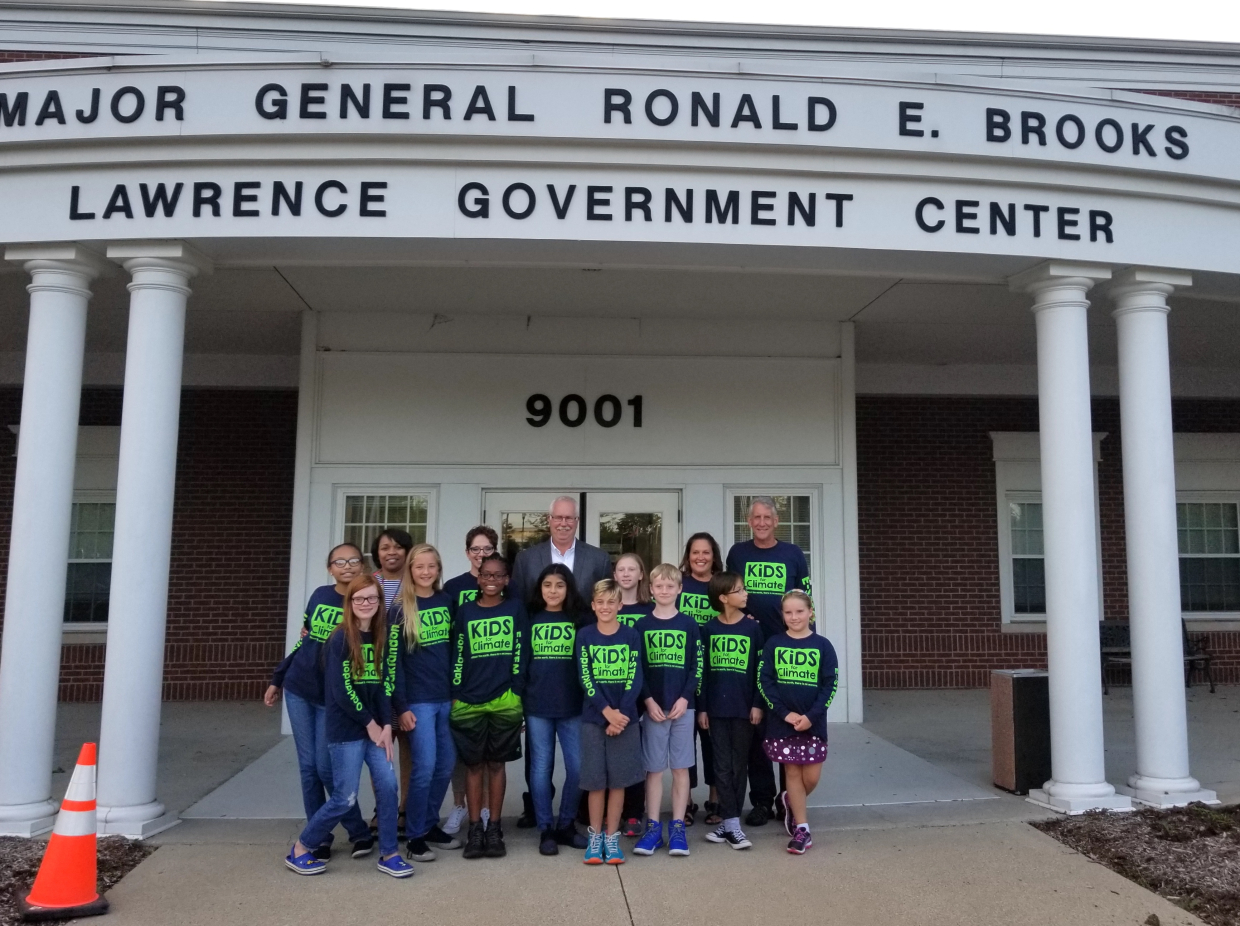Indianapolis was the largest city in the United States to pass a climate recovery resolution activated by a youth-led movement. Other cities to pass climate resolutions led by youth include Bloomington, Carmel, Lawrence, Evansville, Goshen, South Bend, West Lafayette, Muncie, and Richmond Indiana, St. Louis Park, and Grand Marais, Minnesota, San Rafael and Ventura, California, and Eugene, Oregon.
Testimonies from students involved in Youth Power Indiana indicate their determination to spread their success to other cities in hopes of persuading more local governments to commit to climate recovery resolutions. In 2018, Youth Power Indiana projects launched in South Bend, Gary, and Fort Wayne, Indiana. The youth climate recovery leaders were motivated by the idea of taking actions that benefit the entire community, the environment and their future. In 2019, Evansville, Goshen, and South Bend, Indiana passed their own green resolutions, and Muncie, Indiana passed theirs in 2021.
In Columbus, Indiana, youth delivered their climate recovery resolution twice and were declined both times by the City Council. However, the youth’s involvement sparked conversations within the community that otherwise were not taking place. In addition, the introduction of the climate recovery resolution brought sustainability and climate change adaptation to the attention of the local government. Columbus Mayor James Lienhoop included funding in the 2018 budget to conduct a greenhouse gas inventory.
As a direct result of the climate resolution in Indianapolis, city officials launched Thrive Indianapolis, a collective initiative to include residents in the development of a climate resiliency plan for the city. Two youth leaders serve on the city’s steering committee for Thrive. In addition, youth civic engagement spurred the City of Indianapolis to partner with Earth Charter Indiana to launch the Thriving Schools Challenge. The Indianapolis Thriving Schools Challenge engages students and parents by providing funding resources for sustainability initiatives such as zero waste projects, school gardens and outdoor learning centers. Teachers who represent their school in the challenge are offered a stipend up to $1,000.
Challenges
Earth Charter Indiana Executive Director Jim Poyser gave this advice:
"Adopting a climate recovery resolution is just the beginning for a city; actions to implement the resolution must follow and that is challenging. Without specific follow-up, it is unlikely that many of the cities will meet their carbon neutrality goals."
Poyser also stated that he would spend more time recruiting motivated and talented students outside of classrooms, because of the challenges of adding material into already full curricula. He would also secure more funding to hire city-based resilience coordinators to facilitate conversations at the city level. Additionally, he would investigate Indiana cities with existing mayors’ youth advisory councils. If these youth have an interest in climate recovery, they could be vital to pushing resolutions in their cities.



